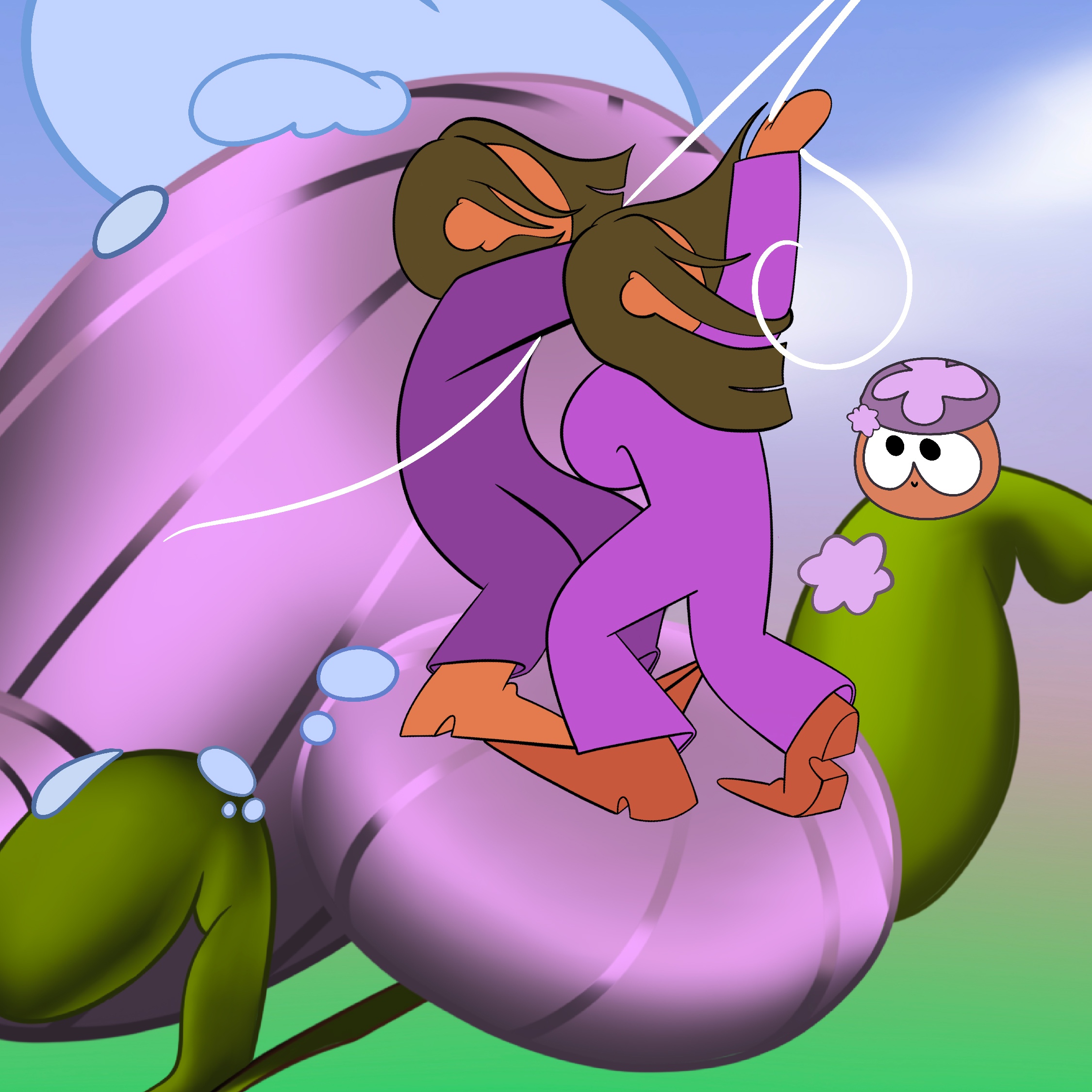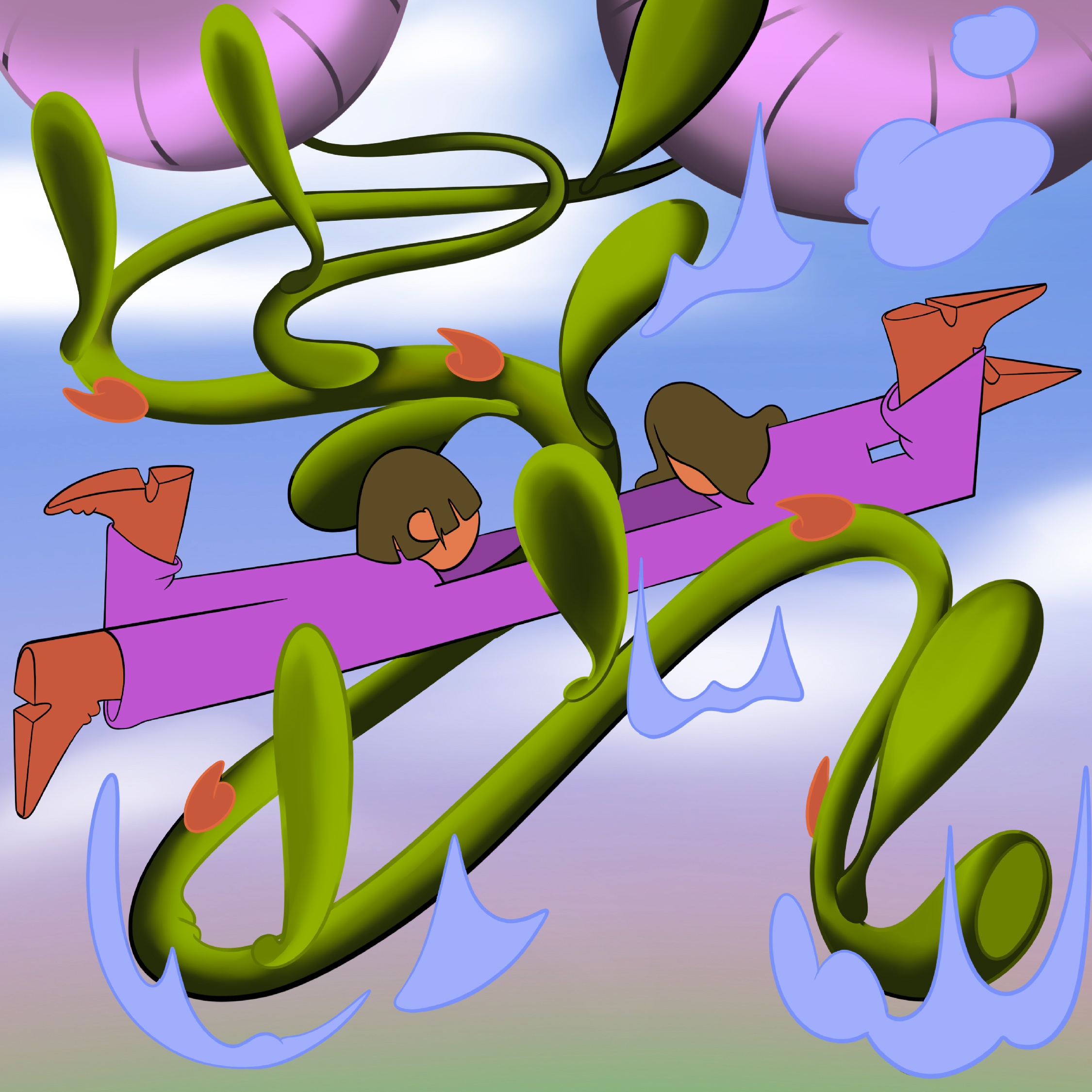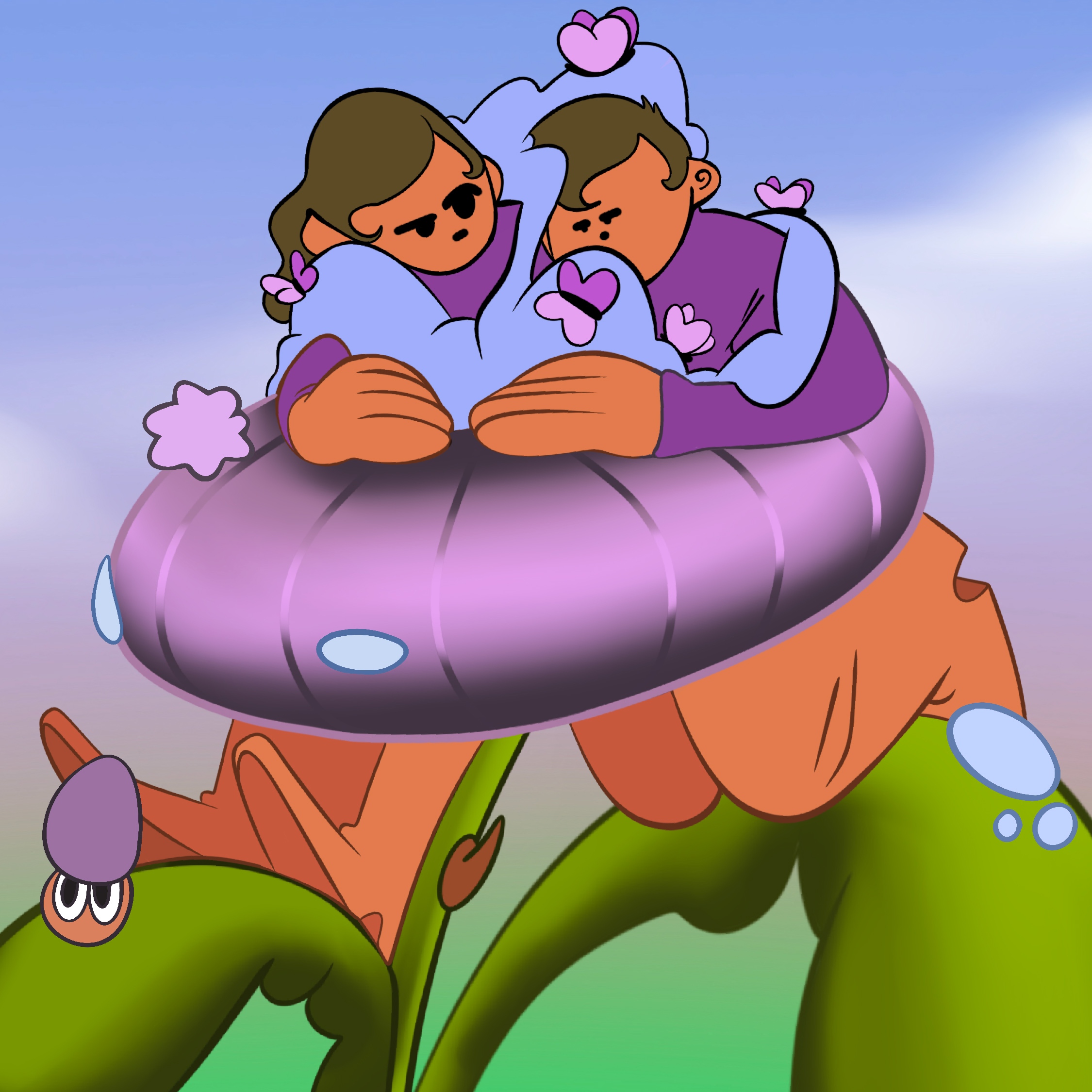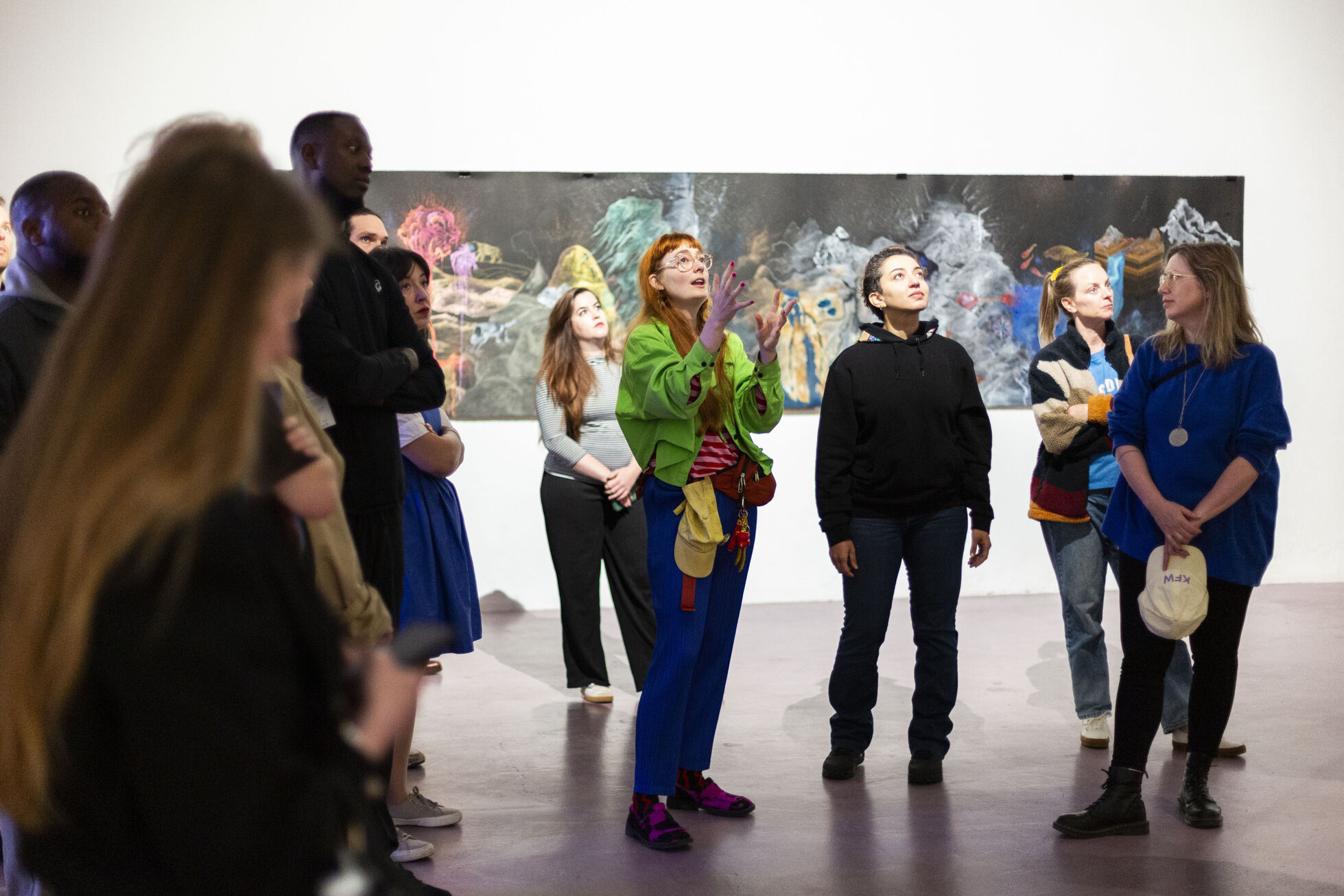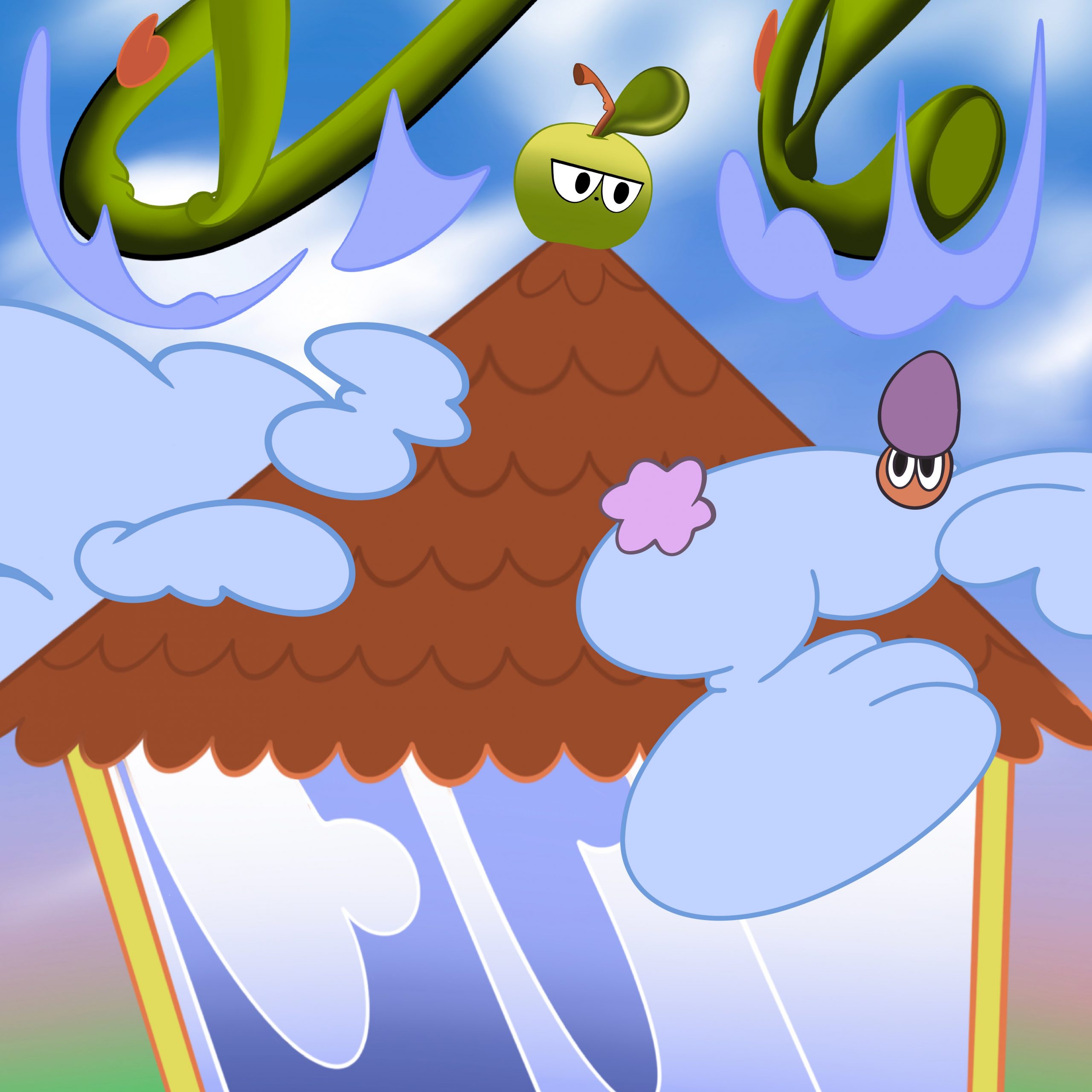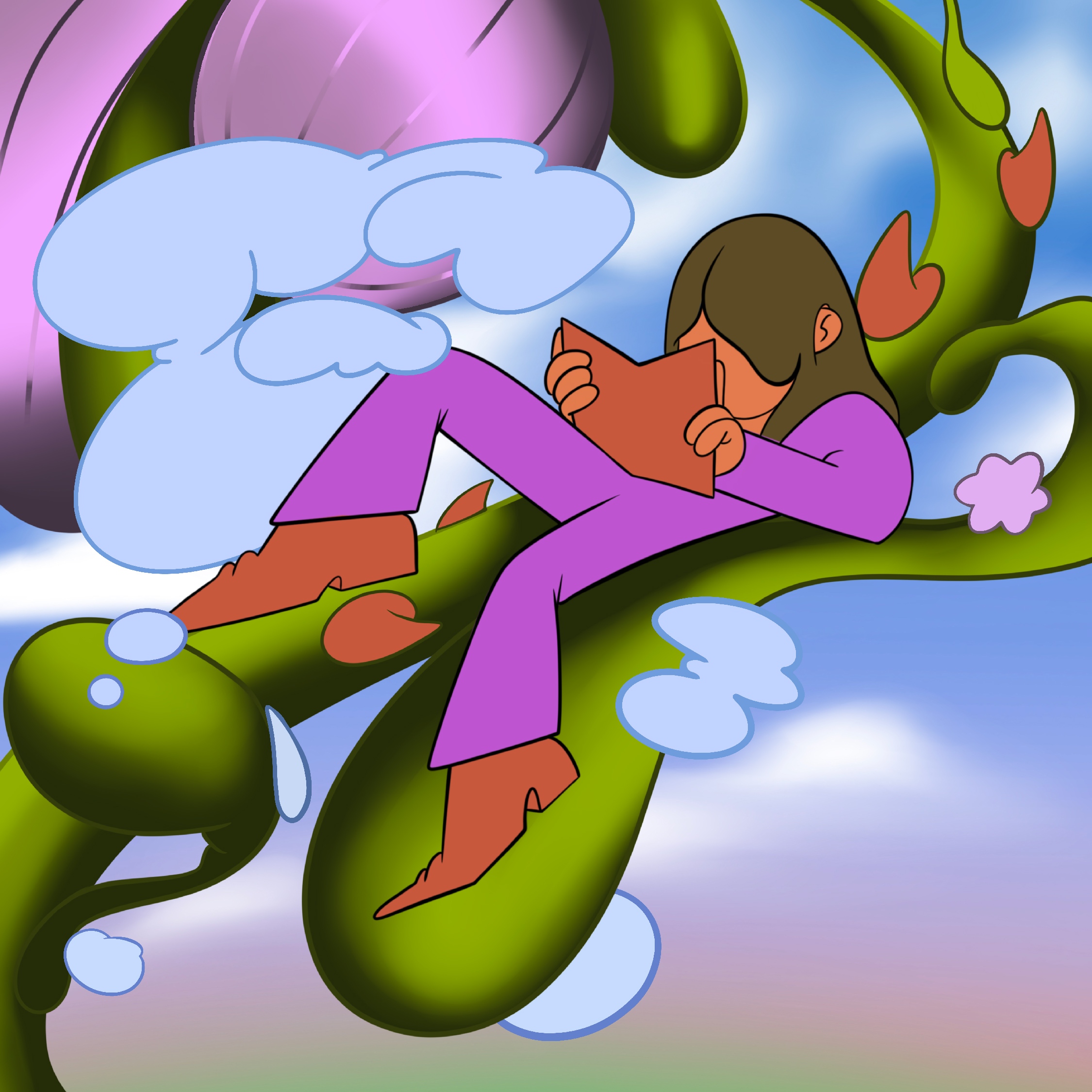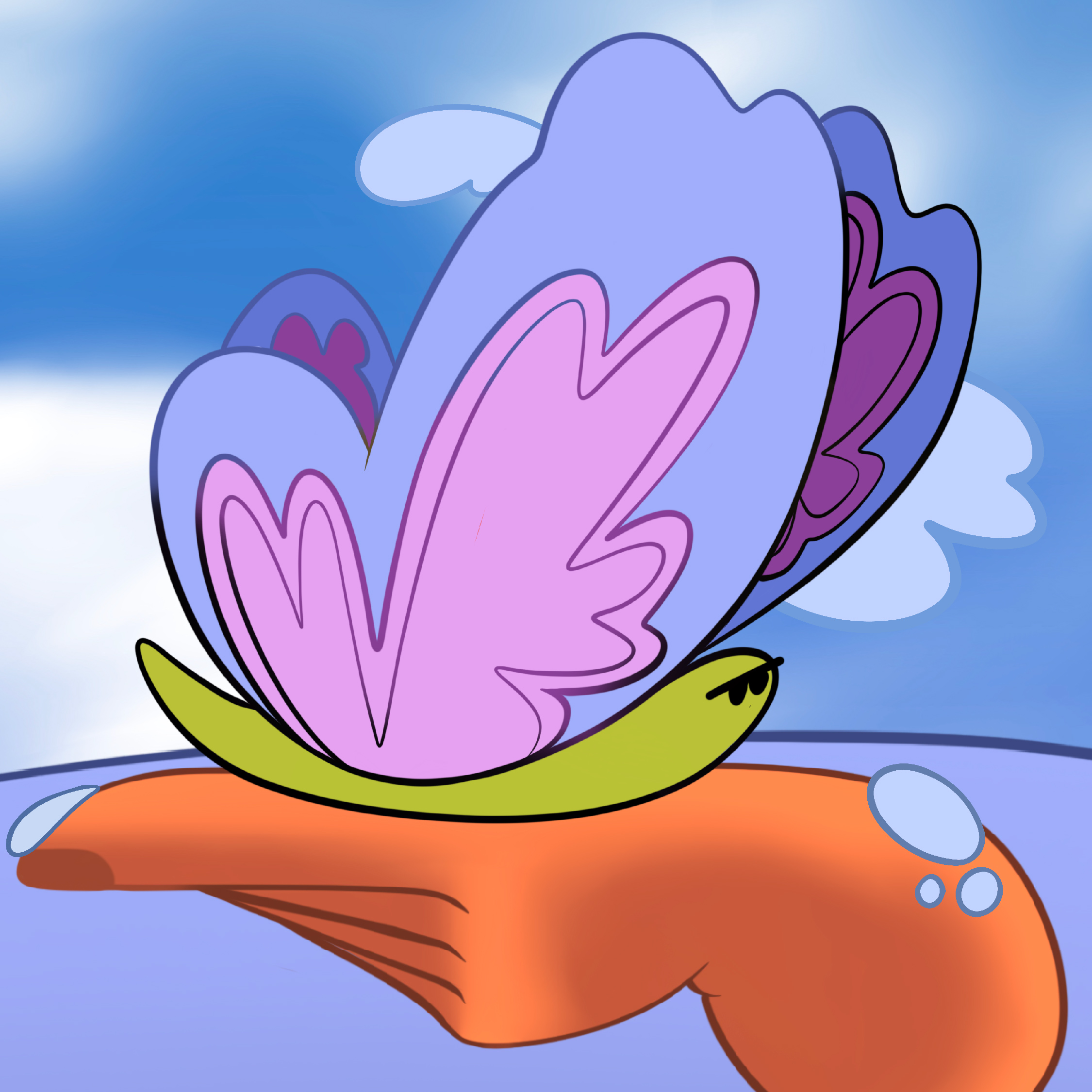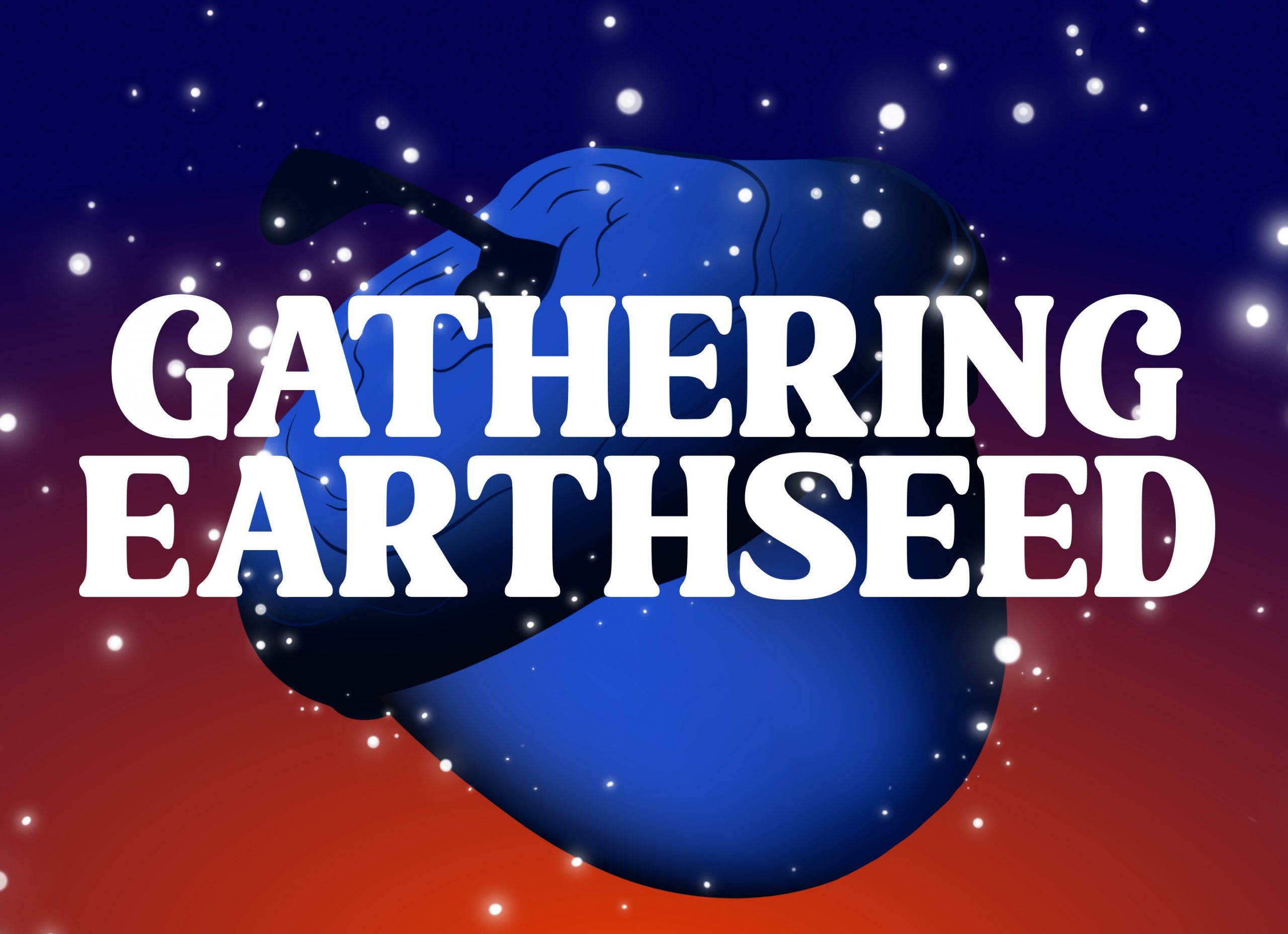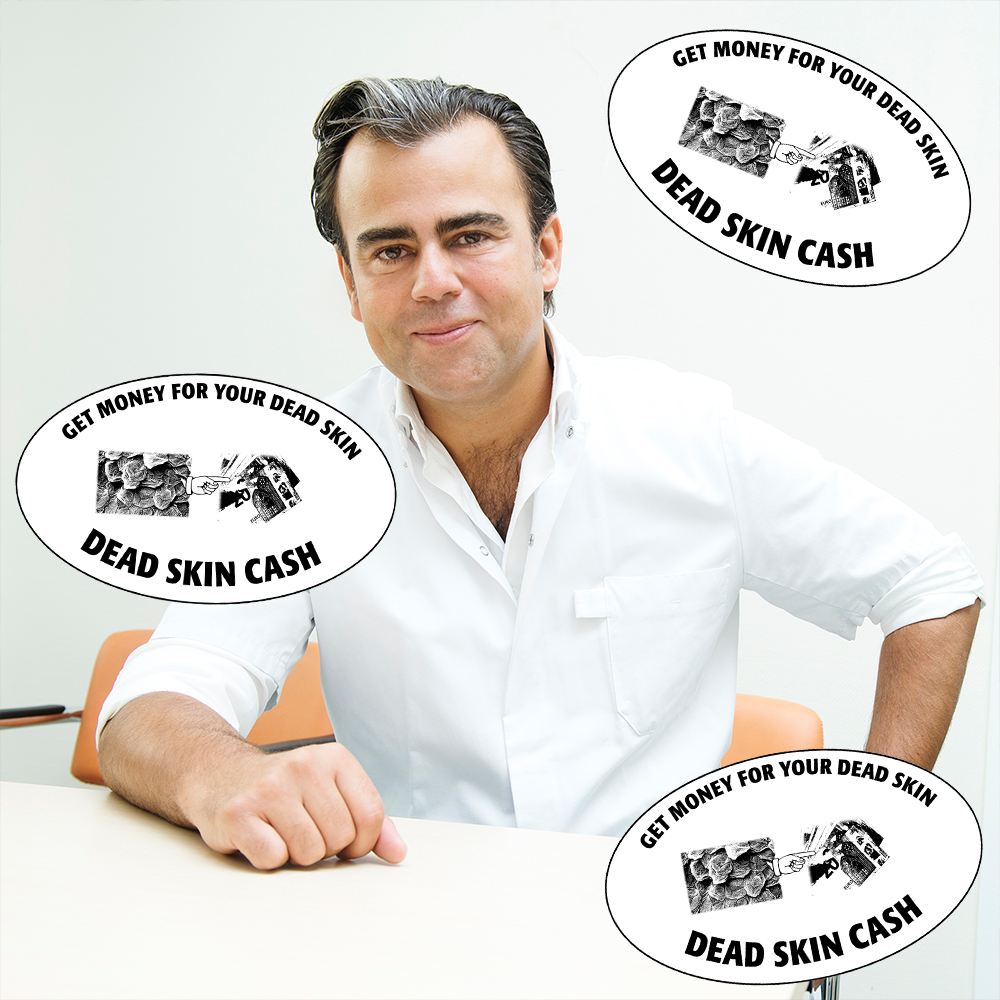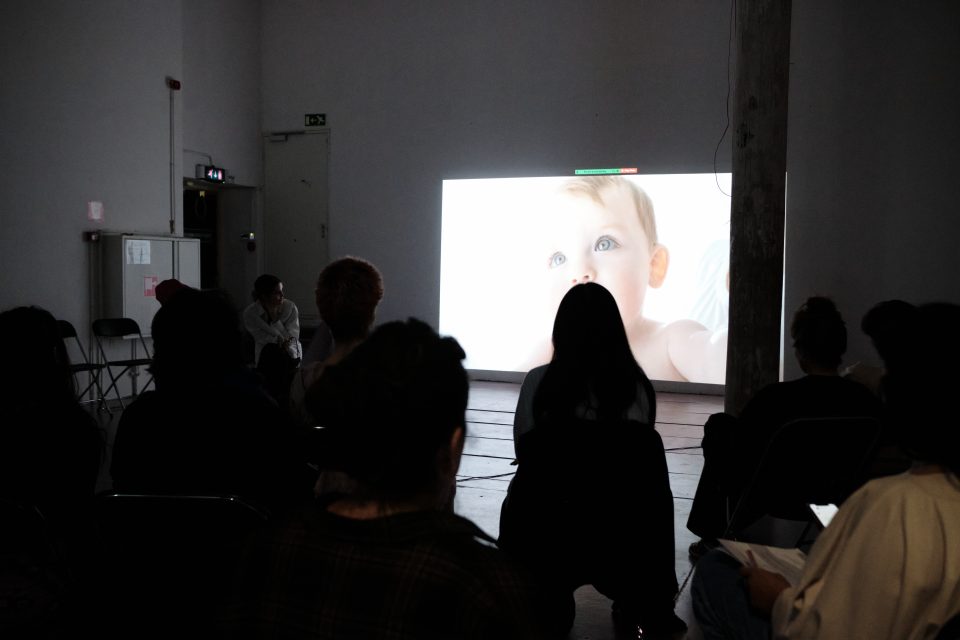“The destiny of Earthseed is to take root among the stars.”
— Octavia E. Butler, Parable of the Sower
July 20, 2024 marks the beginning of Octavia E. Butler’s trailblazing 1993 feminist science fiction book Parable of the Sower, from the Earthseed trilogy. In light of this meaningful date, artists Müge Yilmaz and Anna Hoetjes, in collaboration with Marly Pierre-Louis and Fiep van Bodegom, are initiating Gathering Earthseed; a full-day gathering at W139 that emerges from the legacy and spirit of Butler’s work and her literary universe.
Gathering Earthseed will mark the symbolic moment in time when Parable of the Sower transitions from being set in the future to being set in the present. This communal gathering approaches this moment as both a ritualistic transition and a practical moment in which to gather in conversation and solidarity with one another—envisioning new possibilities of worldbuilding in our own timelines.
An interdisciplinary group of visual artists, writers, and cultural practitioners—inspired by Butler’s work in their own practices—have been invited to shape the day’s programme. Through workshops, conversations, readings, rituals, and a communal dinner, we’ll investigate the tools and practices that allow us to conceive new social realities, alternative futures, and communal relations to nature. By exploring feminist, decolonial, speculative worldbuilding, we seek to critique the socio-political structures we live in and write ourselves into the future(s) we want to see; creating pathways out of destruction and establishing life-affirming realities instead. Always anchoring back to Parable of the Sower, this gathering centers feminist, queer, Black diasporic, and decolonial practices.
The gathering will be the starting point for the exhibition Taking Root Among the Stars, opening November 2024. This exhibition will feature the work of artists and writers who use feminist science fiction not only as a theme in their work, but also as a tool to foster the exchange of radical speculative strategies.
Visual identity by Sheona Turnbull.
Programme
13:00 Doors open
13:30 Program introduction with collective reading
14:30 Panel discussion with Sondi, Aafke Romeijn, and Pirilti Onukar, curated and moderated by Fiep van Bodegom
16:30 Workshops by James Parnell, Camille Sapara Barton, Fazle Shairmahomed, and Chimira Natanna Obiefule, curated by Marly Pierre-Louis
19:00 Ritual
19:30 Collective dinner
21:30 Closing of programme
Conversation: Taking Root in the Presence
Octavia Butler’s Parable of the Sower starts on July 20, 2024, in a world where society has fully broken down and is ravaged by ecological disaster on a planetary scale. In her novel Butler depicts a frighteningly recognizable world for contemporary readers. Lauren Olamina, the main character in Parable of the Sower, uses her knowledge of human nature and the environment for survival. She brings to life a community around her own religion, written down in verses in “Earthseed: Book of the Living”. Lauren Olamina plants the seed for a movement that will enable humanity to survive and even thrive by taking root amongst the stars.
During this collective conversation, facilitated and moderated by Fiep van Bodegom, we will bring together Sondi, Aafke Romeijn, and Pirilti Onukar, to engage with Butler’s work through the practices of writers, artists, and translators. We will explore the relevance of Octavia Butler today and how she can inspire us to envision a future and build communities in our present moment. How does Butler’s work and world building translate into other disciplines and adapt to our contemporary realities?
Workshop programme: Seeds of Survival: Practices of Radical Imagination
This session, curated by Marly Pierre-Louis, takes Lauren Olamina’s survival strategies of interdependence and speculation as key to collective survival. Marly will hold this collaborative space under the light of Butler’s legacy—centering radical imagination as methodology for Black liberation, knowing that we must practice today for the tomorrow we want to see. Marly has invited James Parnell, Camille Sapara Barton, Fazle Shairmahomed, and Chimira Natanna Obiefule to facilitate parallel workshops during this session, that collectively engage with these strategies for survival through grief tending, personal values and a reconfiguration of labour.
Workshop 1
Camille Sapara Barton
The workshop will explore why it’s important to grieve in this time, how we can support ourselves and others with challenging emotions, and give care in ways that reduce harm. The workshop will begin with a somatic practice, there will be some context and sharing followed by some partner exercises. Medicinal tea will be available—Passionflower and Rose—which can be supportive to reduce anxiety and support the nervous system.
Workshop 2
Values in Candle Light
James Parnell
Our values help connect us to our friends, loved ones, and community members. But how can we begin to identify what is the most important to us? In this workshop, we will use the process of eulogy writing to uncover our personal values. We will look at examples of eulogies, write our own, and perform them to each other.
Workshop 3
Partnering with Change
Chimira Natanna Obiefule
Oya is our protagonist’s middle name. In a deck of oracle cards I own, Oya—the Yoruba Goddess/Orisha of Storms—is a card of change. The winds of change are in motion. Into every life a little rain must fall… Knowing that rain has always poured and will still continue to do so in our lives, what self truths can we identify and how can we ground ourselves within such a knowing? What are changes that continuously happen in your life? What languages of tenderness can we apply through the act of embracing the storm? During this writing workshop we will use our histories as a mirror into the now—finding ways through which we can address a future by changing the language and narrative of a past.
Workshop 4
Rituals for Decolonization
Fazle Shairmahomed
In this workshop you are invited to develop a personal and communal understanding of ancestry rooted in spiritual practices of meditation, writing, body movement, dance, multi-sensorial stimulation, altar making, and group talks. We will explore both cyclical and infinite space. The first more rooted in approaching ancestry, and the second as part of the Analemma movement practice. Analemma is an astronomical figure that we perceive from our Earth sky when we follow the course of the Sun throughout the course of a year at the same time every day. In the movement practice this figure is actively observed in the heart, hara and their relationality.
The aim is to create an intentional decolonial safer space where we can develop an understanding of what communal healing could look like in a society that is partially still being shaped by colonial mechanisms. The history and reality of different people who were forced to migrate still exist in systems today, in which people are being marginalized, oppressed and excluded.
You will be prepared with exercises that are inspired by Butoh, Body Weather, Gnawa and Zar, bringing us to bodies that do not exist anymore, the soul inside of us, towards the politicized body in which we exist. We explore how our bodies relate, and how the transcendental exists within the presence of a group. We will work on a consciousness of how to get into this state and find your own path towards controlling or letting go.
This workshop will center Queer, Trans, Black/Brown, People of Color, but is open to anyone mindful of the experiences of QTBPOC being centered. No prior experience is required, but it is in your own advantage if you identify yourself with the fight for decolonization.
Before the workshop you are requested to conduct short homework assignments in order to collect writings through which you meditate on the relationship with your ancestors, and to collect elements for your personal altar. You will receive this information by mail after registration.
Tickets
Buy your ticket via the Eventbrite page of Gathering Earthseed.
Tickets are fully sold out. Thank you for your interest!
Tickets*:
€15 for full day program including dinner
€7,50 student rate
* We offer community tickets for visitors who do not have the financial means to visit W139’s exhibitions or context programming. If you want to join Gathering Earthseed but do not have the means, please contact us at info@w139.nl.
* The ticket gives you access to the full day of activities. If you are unable to join for the entire programme, feel free to only attend the parts where you are available.
About the participants
Marly Pierre-Louis is a writer and community cultivator based in Amsterdam. Her work explores the inner worlds and survival strategies of Black women while her social practice seeks to conjure spaces of healing and radical possibility. In 2023 Marly received her MFA from Sandberg Institute, Amsterdam. She is the co-founder of Amsterdam Black Women collective — a community of diasporic Black women chasing their dreams through Europe and co/curator of the WILD; a series of pop-up bookstores and art experiences inspired by the tradition of Black fugitivity. She’s a first generation Haitian-American, a big sister, a mother, and a Taurus through and through.
Camille Sapara Barton is a writer, artist and somatic practitioner. They have been tending grief since 2017 and have developed public resources, programs, and tools to cultivate the practice with others. Rooted in Black Feminism, ecology and harm reduction, Camille is a Social Imagineer, dedicated to creating networks of care and livable futures. Their debut book Tending Grief: Embodied Rituals for Holding Our Sorrow and Growing Cultures of Care in Community will be published in April 2024 by North Atlantic Books.
Based in Amsterdam, Camille designed and directed Ecologies of Transformation (2021 – 2023), a masters programme exploring socially engaged art making with a focus on creating change through the body into the world. They curate events and offer consultancy combining trauma informed practice, experiential learning and their studies in political science. Camille loves plants, sci-fi, music and dancing.
James Parnell is a The Hague-based curator, facilitator, dancer, and zine-maker who focuses on community building, collective learning, and the conflicts that arise in these practices. He often works in cultures and artistic communities on the margins, such as queer communities, Black communities, and independent publishers.
Chimira Natanna Obiefule is a Nigerian artist and researcher whose labour of love prioritises Black queer liberation. They express their vision through the visual arts, performance lectures, and music. In 2021, they were shortlisted for the “Manifesting Systemic Change through Creative Waves” initiative by The Black Archives in Amsterdam. This honour included a commission for an art piece and essay focused on practices of refusal and imaginary possibilities, highlighting the Black woman as a daily practitioner of freedom. Their involvement with The Black Archives extended as they became an in-house writer from 2022 to 2023. In their studies and worlds (not work!), Chimira develops languages for refusal and healing in reimagining education, community, femininity through sisterhood, and somatic knowledge as resistance. Through their expressions they continually map a path led by intuition, forging a path of self-liberation and self-discovery.
Fiep van Bodegom is a writer, critic and translator. She is the editor of Extra Extra Magazine and teaches at the Creative Writing department at ArtEZ, University of the Arts. She has published regularly about literature in, amongst others, De Gids, De Groene Amsterdammer, NRC, and De Nederlandse Boekengids. She wrote the foreword for the first Dutch translation of Octavia E. Butler’s novel Kindred (Verbonden, 2022).
Sondi is a new media artist from Germany, born in Cameroon and based in the Netherlands. Her work is deeply rooted in her identity as a person of the diaspora and acts as a conduit to unravel the intricate and intimate layers of identity, belonging, ownership, and heritage. Her artistic process centers around the concept of worldbuilding, creating virtual environments where memory, ancestry, and imagination enter into being. In these virtual dreamscapes, she examines new modes of being, using the power of imagination as an instrument of liberation.
Sondi’s work continuously navigates between virtual and physical spaces to investigate the intersection between technology and culture. By examining the ways popular media constructs and disseminates images and ideas, her work aims to challenge the dominant cultural narrative that shapes our perceptions of ourselves and others. Her body of work reflects on the interplay between our corporeal, spiritual, and digital selves and spans a diverse range of mediums, including Game Design, Audio Visual Performance, Theater, Music, Film, and Education.
Pırıltı Onukar is currently graduating from the Artistic Research Master’s program at the University of Amsterdam. She is the English to Turkish translator of Octavia E. Butler’s Xenogenesis trilogy (Lilith’s Brood) and the Patternist novels (Seed to Harvest), as well as Nnedi Okorafor’s Akata Witch series. Apart from being a translator, Pırıltı is an artist, theatre-maker, olive farmer, and film director.
Fazle Shairmahomed creates decolonizing rituals, performance art, and dance. Their work is rooted in ancestral work and intersectional activism. Through the urgency of community building their work creates spaces in which different communities are invited to nurture conversations around colonialism and the ways in which it has impacted our histories and the ways in which it exists today. The multi-sensorial approach in their work also challenges the ways in which we perceive the world around us through themes such as death, rebirth, ancestry, belonging, colonial histories, and healing. Since 2013 they are also one of the members of CLOUD danslab, an artist-run dance studio which supports research and practice of dance, movement, and performance art in the Hague.
Damani Leidsman is an artist, teacher, and producer who is mainly concerned with music, movement, and performance. As a cultural worker, their practice is inspired by oral traditions from Africa and the diaspora, healing work, and Afro-futurist practice. They release music under the name Mushroom Mosis and are currently exploring ways in which artistic production can function as a space for healing and joy. Moreover, they are vegan, constantly hopeful, and looking for art to decorate their living space.
Aafke Romeijn is a writer, musician, and journalist. She studied composition at the Conservatory in The Hague and Dutch literature at Utrecht University. Aafke is the uncrowned queen of Dutch-language electropop, and released multiple EPs since her debut in 2012. In 2018 her debut novel ‘Concept M.’ was published and the album ‘M.’, the soundtrack to the book, followed a year later. Her most recent album ‘Godzilla’ was released in June 2021, and her second novel ‘7B’ was published in the same year. Both her novels are dystopian political thrillers that give sharp commentary on the Dutch political landscape from the 1990s.
Together with a collective of Dutch musicians she founded BAM!, a professional association for, and by, author-musicians who strive for more transparency and a fair distribution of income. Romeijn is politically active for the PvdA, and was on the PvdA electoral list in her hometown of Utrecht in the 2022 municipal elections.
